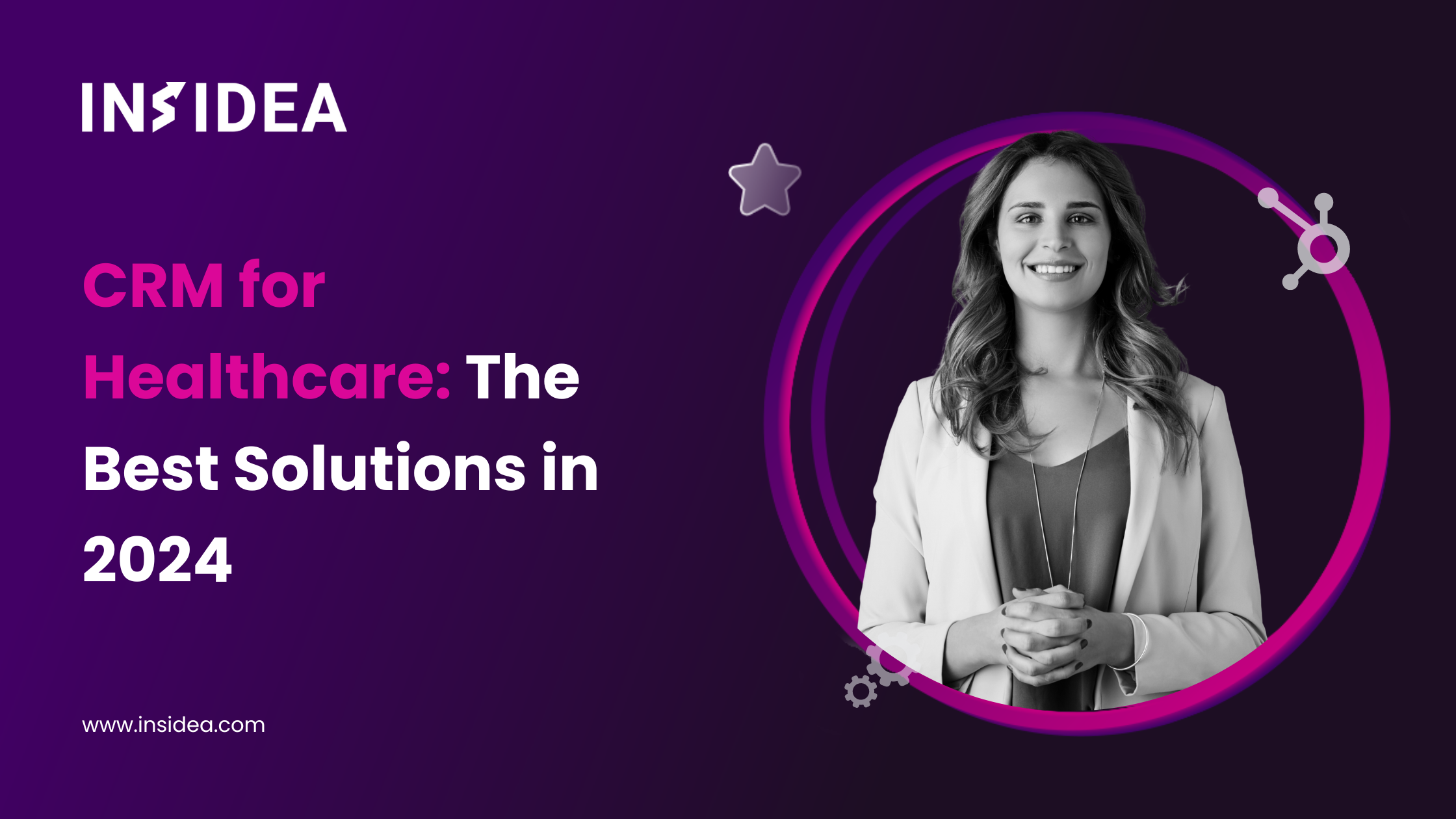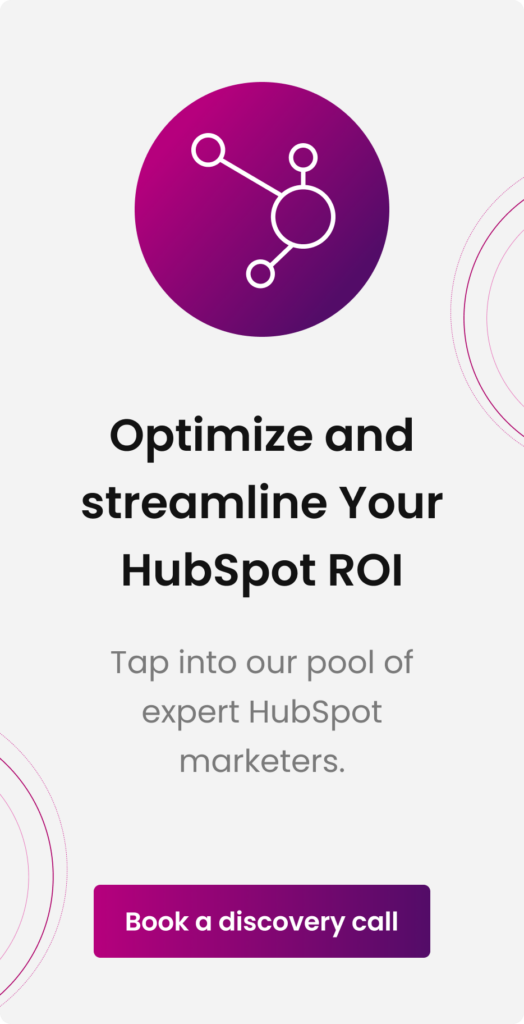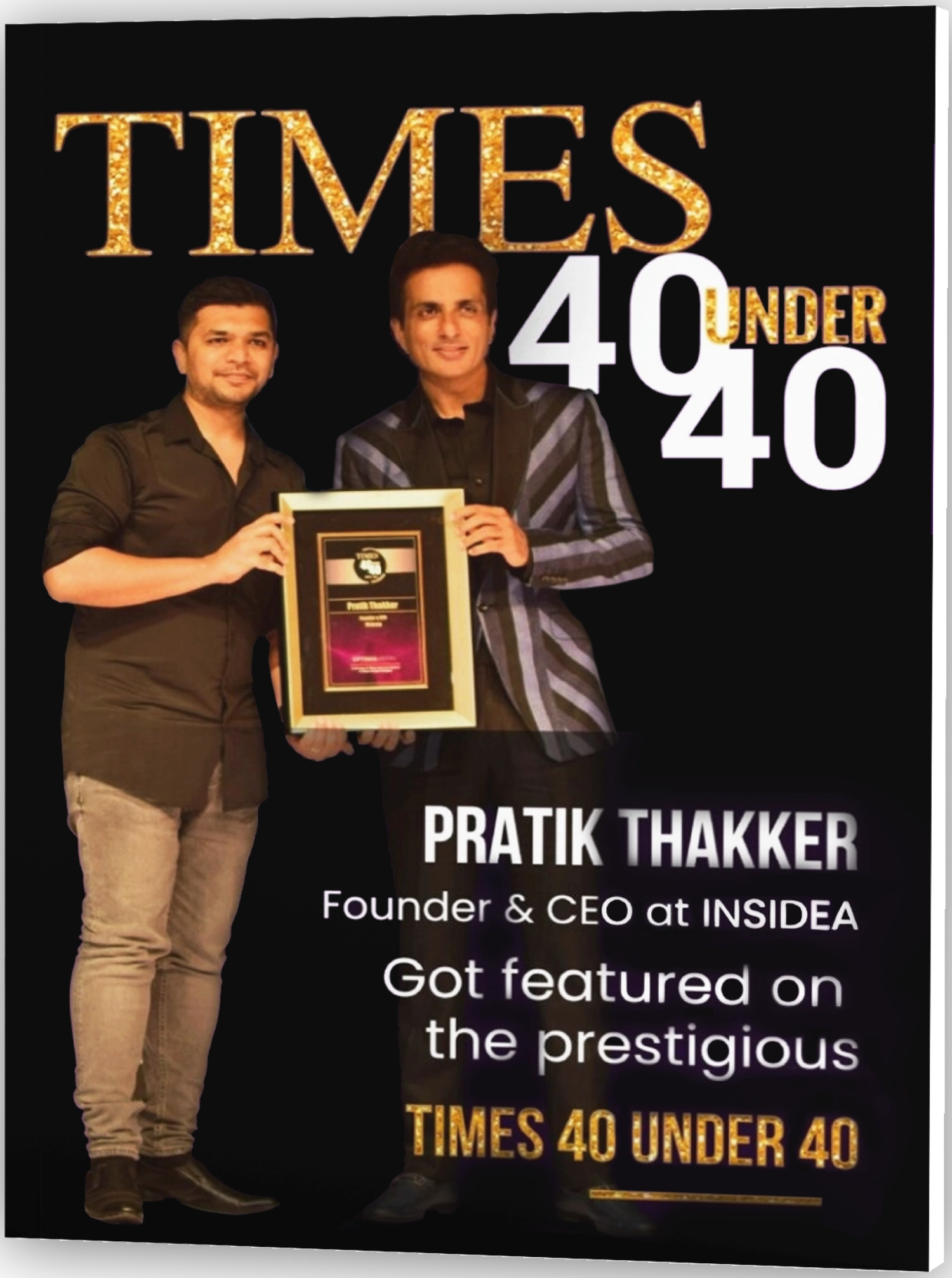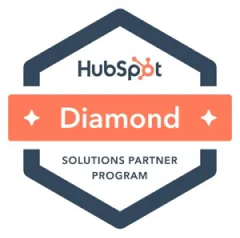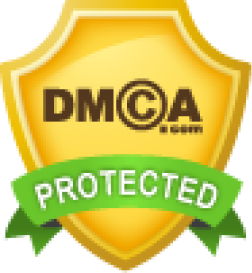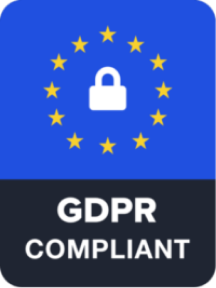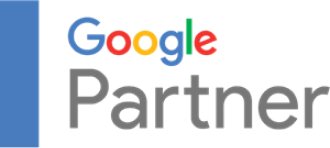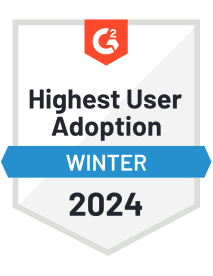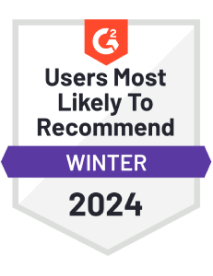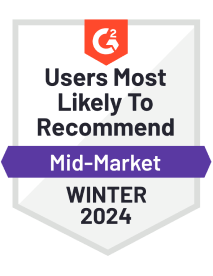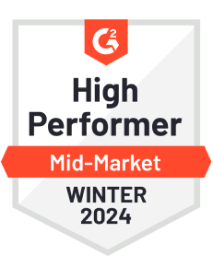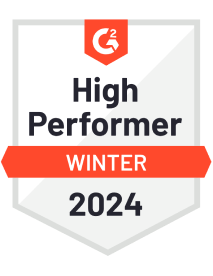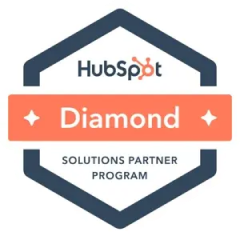Healthcare in the twenty-first century is about not only curing diseases but also giving services to patients. Technologies like EHR systems, telemedicine, AI-powered diagnostic solutions, VR systems for surgery, and more help make doctors more efficient with their treatment.
But what about the expansion of healthcare as a business? This means hospitals, research institutes, and pharmaceutical businesses compete for high revenue, invest in corporate expansion, and develop more effective treatment procedures.
Well, having a CRM for healthcare can help with these milestones.
But how exactly? Stick to this blog, and let us discuss each segment of everything related to CRM for healthcare. Also, later in this blog, we will discuss which CRM fits your healthcare business best.
What is CRM for Healthcare?
The healthcare sector is transforming, demanding a more personalized approach. That’s where CRM systems come into play.
But what is CRM for healthcare?
Customer relationship management, or CRM, refers to systems and strategies designed to capture, manage, and analyze patient interactions and data throughout their healthcare journey.
While traditional CRMs are used primarily by businesses to manage customer relationships and sales pipelines, healthcare CRMs are tailored to meet healthcare providers, institutions, and patients’ specific needs.
What Makes the Best CRM for Healthcare?
Several critical components are required to make a CRM solution the best choice for the healthcare industry. Let’s discuss the most prominent ones.
- Data Layer
- Ensures safe storage, processing, and access to patient information.
- Integration capabilities are crucial for a comprehensive view of patient data.
- Smooth integration with systems like EHRs, claims data, and third-party solutions is vital.
- Customizable workflows lead to streamlined operations, enhancing overall efficiency.
- Analytics
- Provides actionable insights for personalized patient care.
- Critical at every stage of the patient care process.
- Security
- Strictly follows healthcare data security regulations.
- Compliance with laws such as HIPAA is non-negotiable.
The Benefits of Having a CRM for Healthcare
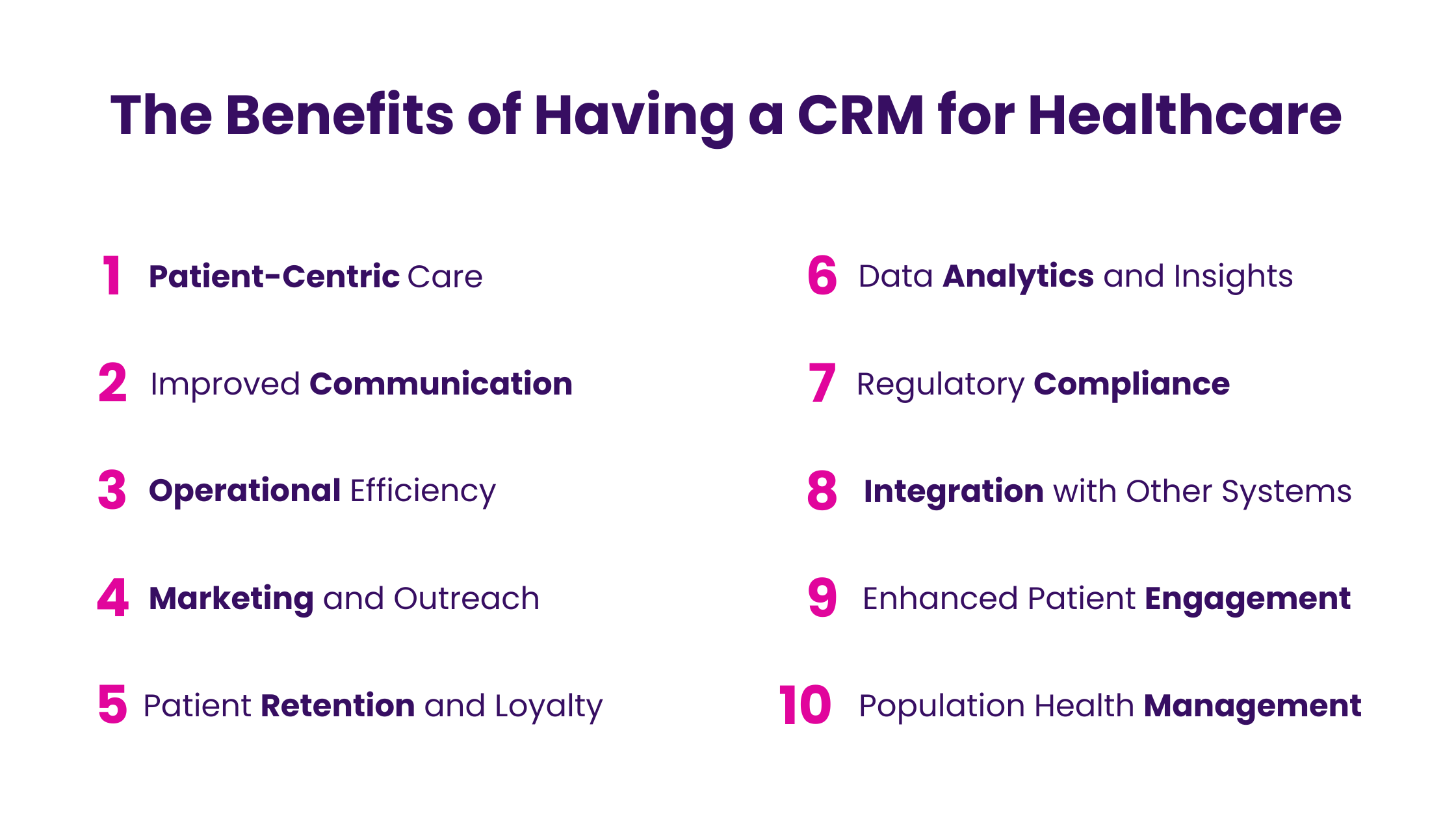
Thanks to technology, the healthcare sector aims for more personalized patient care. The customer relationship management (CRM) system stands out among these tools. Initially designed for businesses, CRMs in healthcare help providers connect better with patients. Let’s dive into the benefits of using a CRM in healthcare.
- Patient-Centric Care: A healthcare CRM gives providers a 360-degree view of each patient, including their medical history, preferences, past interactions, and more. This holistic view enables providers to offer more personalized and patient-centric care.
- Improved Communication: CRMs can automate and streamline patient communication, including appointment reminders, follow-up emails, or health education materials. This ensures that patients are well-informed and engaged in their care.
- Operational Efficiency: By automating tasks and centralizing patient data, healthcare CRMs can reduce administrative burdens and improve the efficiency of healthcare operations.
- Marketing and Outreach: Healthcare institutions can use CRMs to segment their patient base and tailor marketing campaigns, whether promoting a new service, a wellness program, or preventive health checks.
- Patient Retention and Loyalty: By understanding patient needs and preferences, healthcare providers can enhance the patient experience, increasing loyalty and retention.
- Data Analytics and Insights: CRMs can provide valuable insights into patient behavior, treatment outcomes, and more. This data can be used to improve services, identify trends, and make informed decisions.
- Regulatory Compliance: Many healthcare CRMs are designed to comply with healthcare regulations, ensuring patient data is stored and managed securely.
- Integration with Other Systems: Healthcare CRMs can often integrate with other systems, such as Electronic Health Records (EHRs), billing systems, and more, creating a seamless data flow across the healthcare ecosystem.
- Enhanced Patient Engagement: Engaged patients are more likely to adhere to treatment plans and actively participate in their health. CRMs can support patient engagement through personalized content, health trackers, and more.
- Population Health Management: For institutions looking at broader health trends and preventive care, CRMs can help analyze data across a large patient base, identifying at-risk populations and enabling targeted interventions.
How to Spot a Reliable CRM for Healthcare?
Tools like CRM systems are becoming essential as healthcare shifts towards personalized care. They help providers understand and manage patient interactions more effectively. But with so many CRM options available, how can healthcare professionals pick the right one? This article will outline key features to look for, ensuring you choose a CRM that genuinely meets the needs of the healthcare sector.
- Comprehensive Patient Profiles: Emphasize the need for a CRM to offer a 360-degree view of patients, capturing medical history, preferences, and all interactions.
- Integration Capabilities: Highlight the importance of seamless integration with other healthcare systems like Electronic Health Records (EHRs), billing platforms, and appointment scheduling tools.
- Regulatory Compliance: Discuss the need for CRMs to comply with healthcare regulations, ensuring patient data is stored, managed, and transmitted securely.
- User-Friendly Interface: A reliable CRM should be intuitive and easy to navigate, reducing the learning curve for healthcare professionals.
- Advanced Data Analytics: The CRM should offer robust analytics tools, providing insights into patient behavior, treatment outcomes, and broader health trends.
- Customizable Communication Tools: Emphasize the value of personalized communication, from appointment reminders to health education materials, and how the CRM should support this.
- Scalability: As healthcare institutions grow and evolve, the CRM should be able to adapt, handling increased data and more complex needs.
- Dedicated Support and Training: A reliable CRM provider should offer comprehensive training and ongoing support, ensuring healthcare teams can use the tool effectively.
- Security Measures: Given the sensitive nature of healthcare data, the CRM should have robust security protocols, from encryption to regular backups.
CRM for Healthcare: The 6 Best Platforms
In the healthcare industry, customer relationship management (CRM) software is pivotal for enhancing patient care, streamlining operations, and improving communication across various departments. The right CRM tool can offer a comprehensive view of patient interactions, automate workflows, and provide actionable insights. Here, we explore the top 6 CRM for healthcare, highlighting their key features and benefits.
I. Salesforce Health Cloud
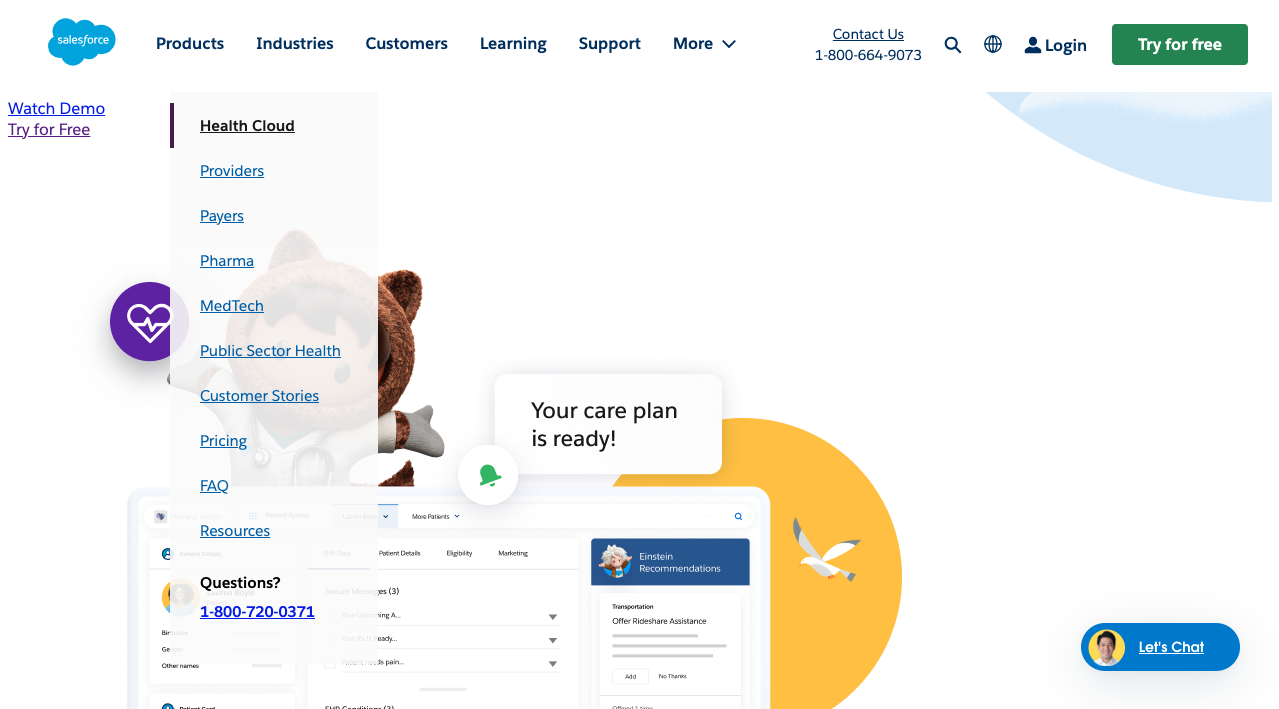
Image source: Salesforce
- Unified Patient View: Offers a comprehensive view of the patient across all touchpoints, integrating data from legacy systems.
- Collaboration Across Departments: Facilitates efficient collaboration, enhancing patient care coordination.
- Patient Journey Tracking: Tracks every prospect from initial contact to patient conversion, including source and journey stages.
- Customizable Dashboards: Provides tailored dashboards to track referrals and focus marketing efforts.
- Real-Time Care Coordination: This ensures patients have access to the right information and services promptly.
- Pricing: Custom quote based on requirements.
II. Zoho for Healthcare
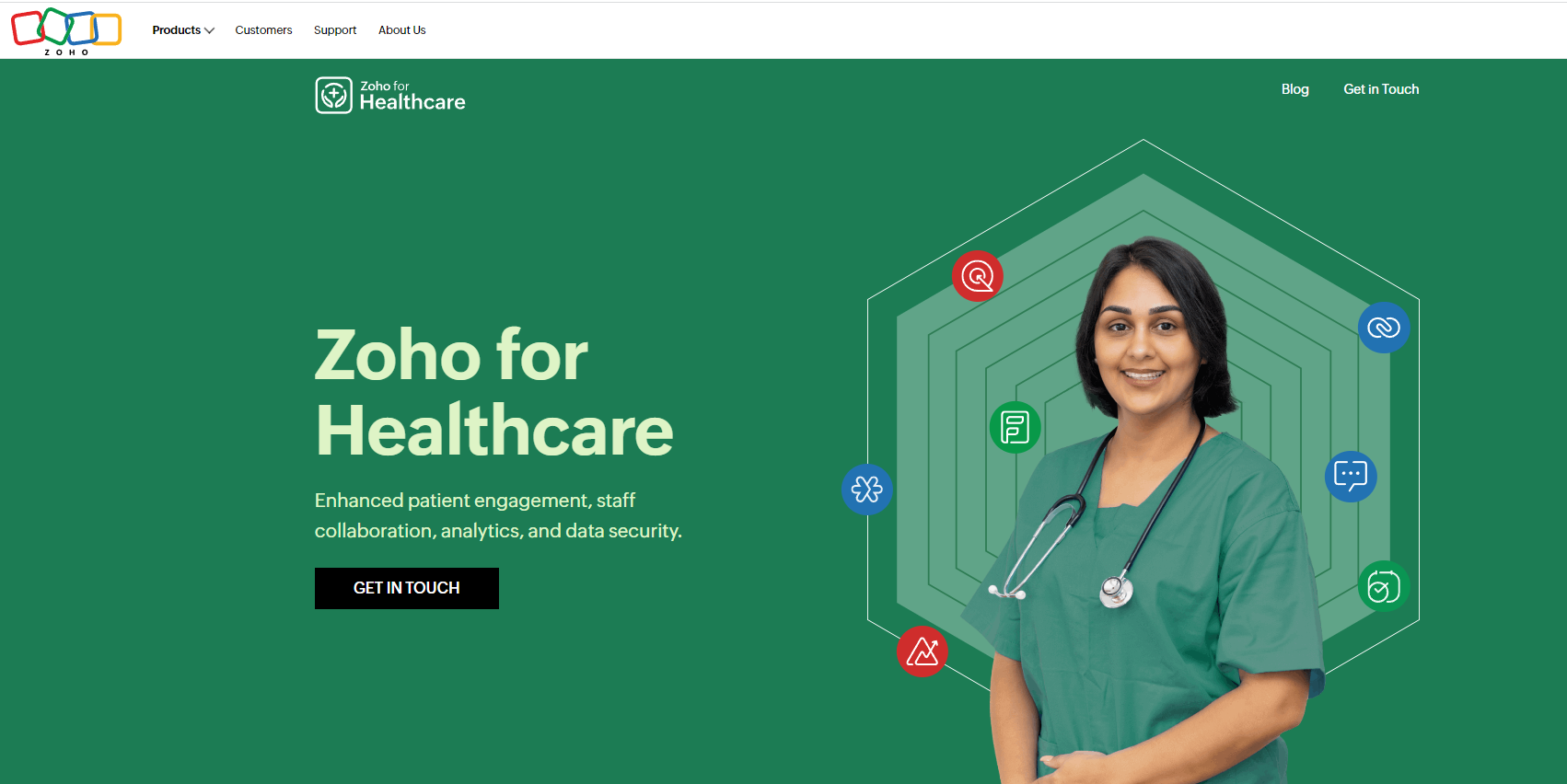
Image Source: Zoho for Healthcare
- Customizable Patient Forms: Streamlines patient data collection with user-friendly, customizable forms.
- Secure CRM System: Centralizes patient records for secure, easy access and management.
- Simple Website Creation: Facilitates quick website building, focusing on patient care efficiency.
- Advanced Analytics: Provides patient insights through comprehensive data visualization tools.
III. PlanPlus Healthcare CRM
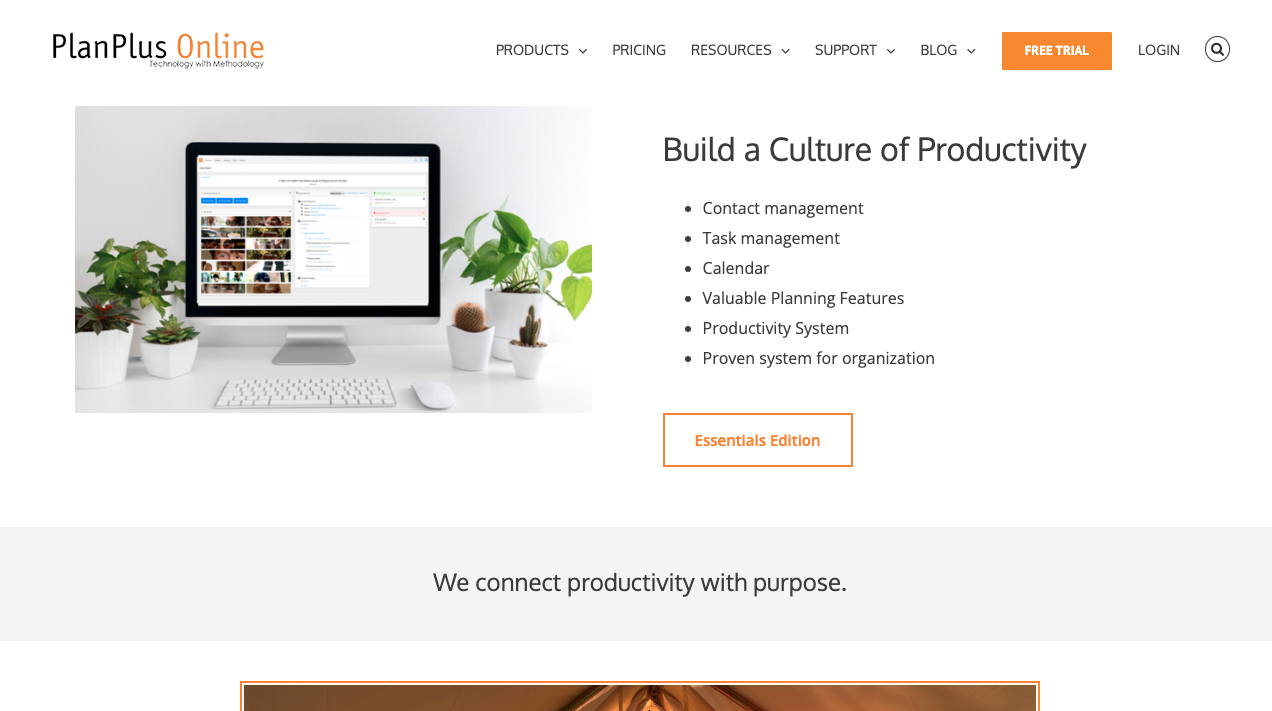
Image Source: PlanPlus Online
- Advanced Task Management: It features the Franklin methodology in its digital planner.
- Patient Referral Management: Efficiently tracks patient referrals, physicians, and health providers involved in care.
- Medical Device Tracking: Manages product serial numbers, RMAs, and documentation requirements.
- Outcome-Focused: Aims to deliver superior service and health outcomes.
- Pricing: Personal – $12, Professional – $35, Business – $59.
IV. Zendesk Healthcare CRM
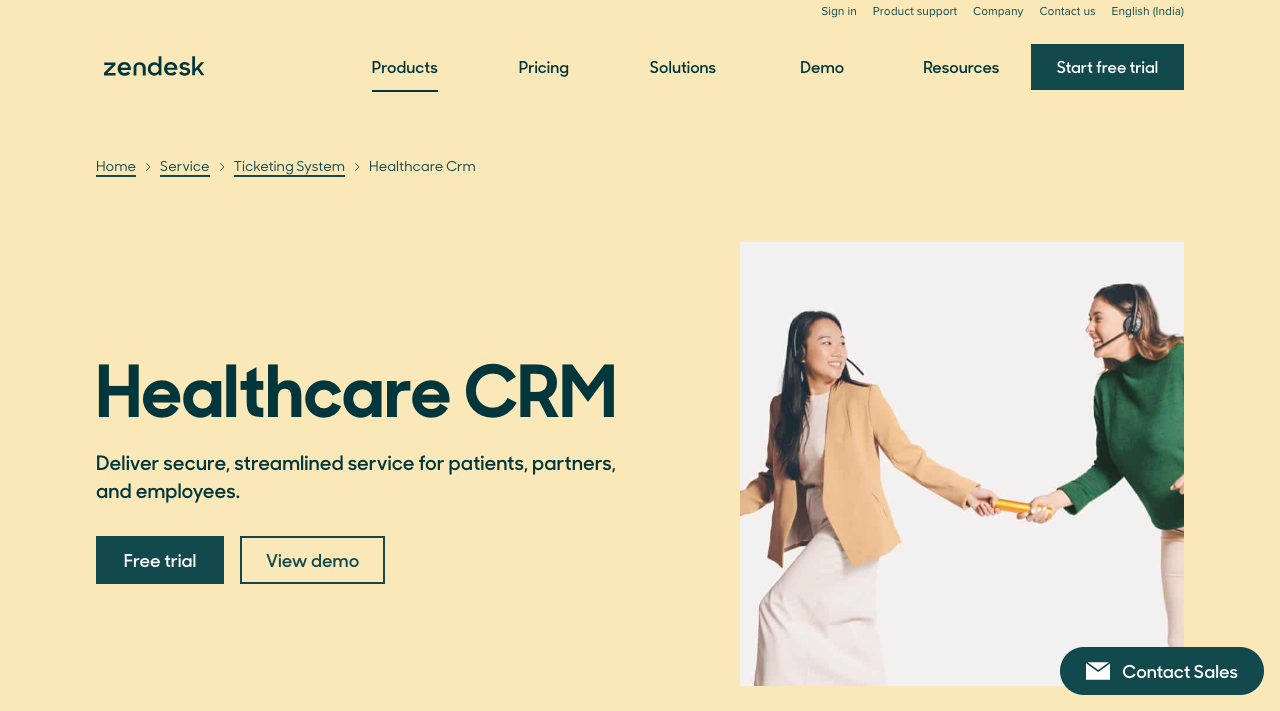
Image Source: Zendesk
- Personalized Patient Relationships: Utilizes advanced analytics for personalized patient service.
- Advanced Data Management: Manages data from multiple sources through integrations.
- Comprehensive Service Capabilities: Offers extensive patient service features.
- Pricing: $150 for enterprise solutions.
V. Leadsquared
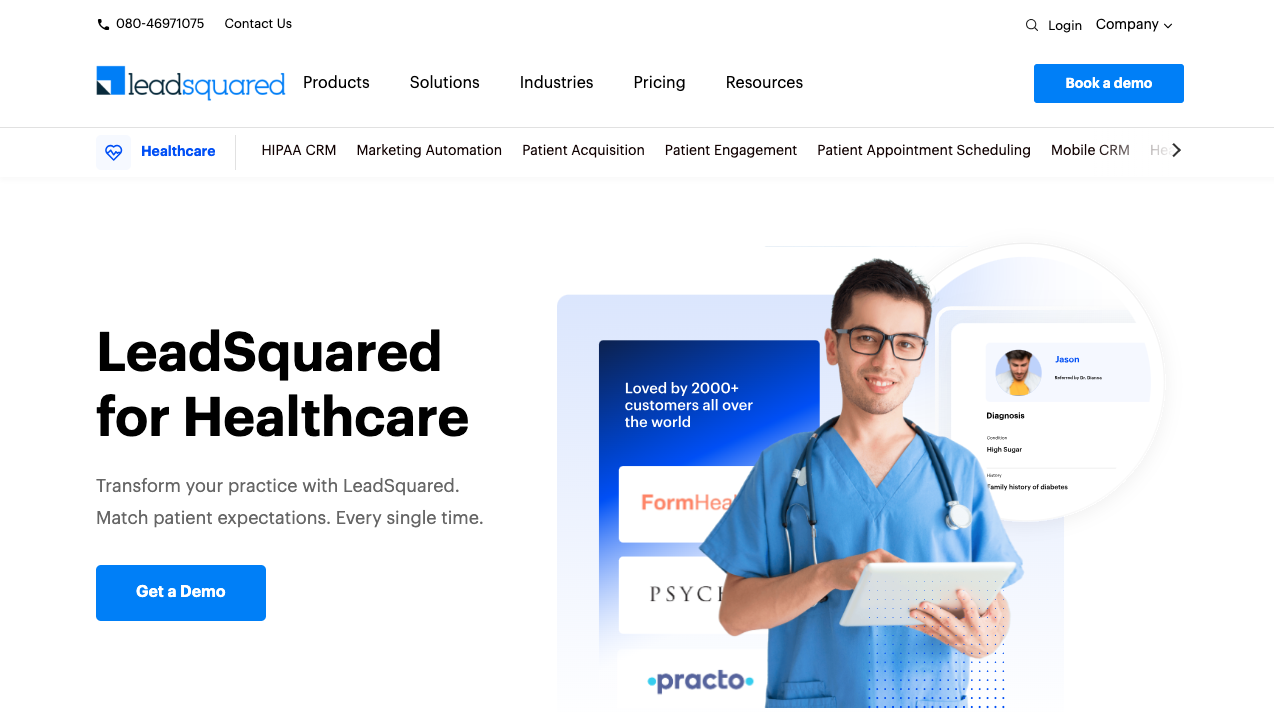
Image Source: LeadSquared
- Patient Acquisition and Engagement: Assists in managing awareness campaigns, tracking appointments, and notifying patients and doctors.
- Multi-Source Inquiry Capture: Captures patient inquiries from diverse sources including online platforms and offline ads.
- Automated Assignment: Automatically assigns inquiries to doctors based on patient data and doctor availability.
- Intent Identification: Monitors patient activity to identify intent and automate staff notifications.
- Call Tracking Integration: Seamlessly integrates with call tracking software for recording and updating patient calls.
- Target Audience: Suitable for healthcare organizations looking for a robust tool for patient management and marketing.
- Pricing: Pro – $50, Super – $100, Lite – $15
VI. HubSpot
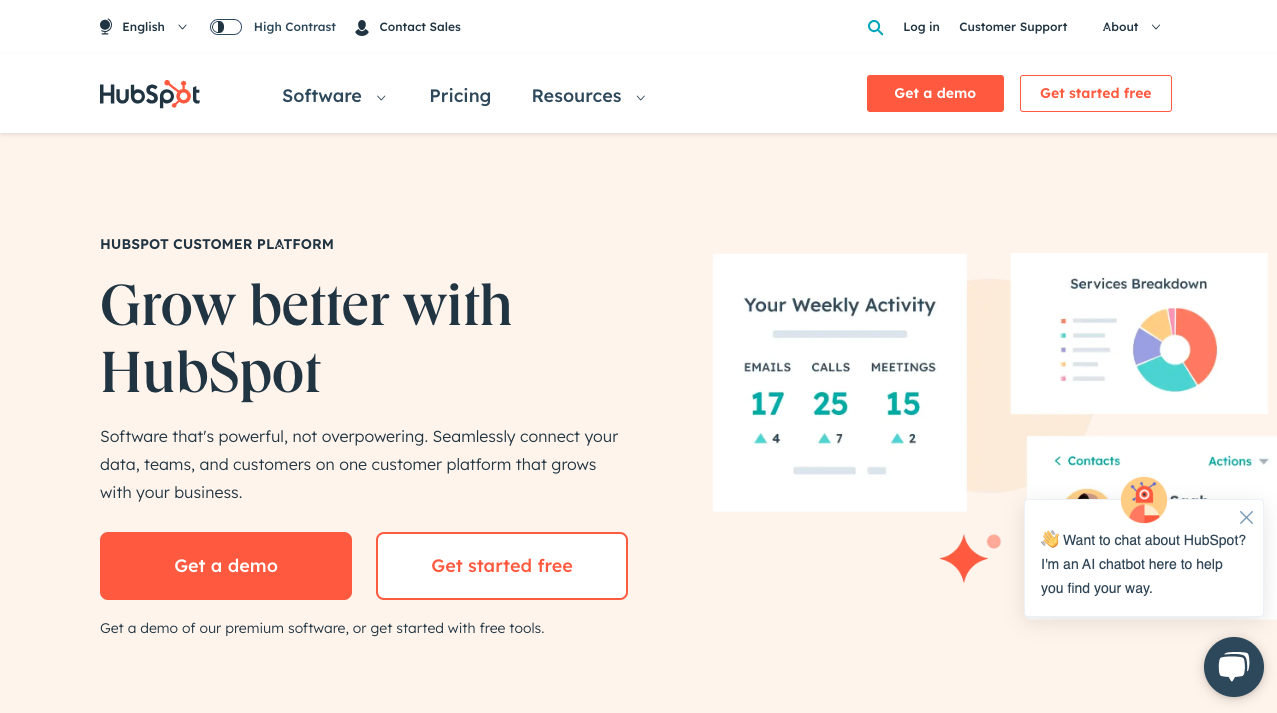
Image Source: HubSpot
- Comprehensive Patient View: Centralizes patient data for a complete view of patient interactions.
- Automated Workflows: Streamlines patient communication and follow-up processes.
- Customizable Reporting: Offers tailored reports for patient engagement and team performance.
- Integration with Healthcare Tools: Seamlessly integrates with various healthcare systems and tools.
- User-Friendly Interface: Known for its intuitive and easy-to-navigate platform.
Each of these CRM solutions offers unique features tailored to the needs of healthcare organizations. From managing patient data to automating communication and enhancing patient care, these tools are designed to streamline operations and improve the overall healthcare experience.
How Can HubSpot Be a Good CRM for Healthcare
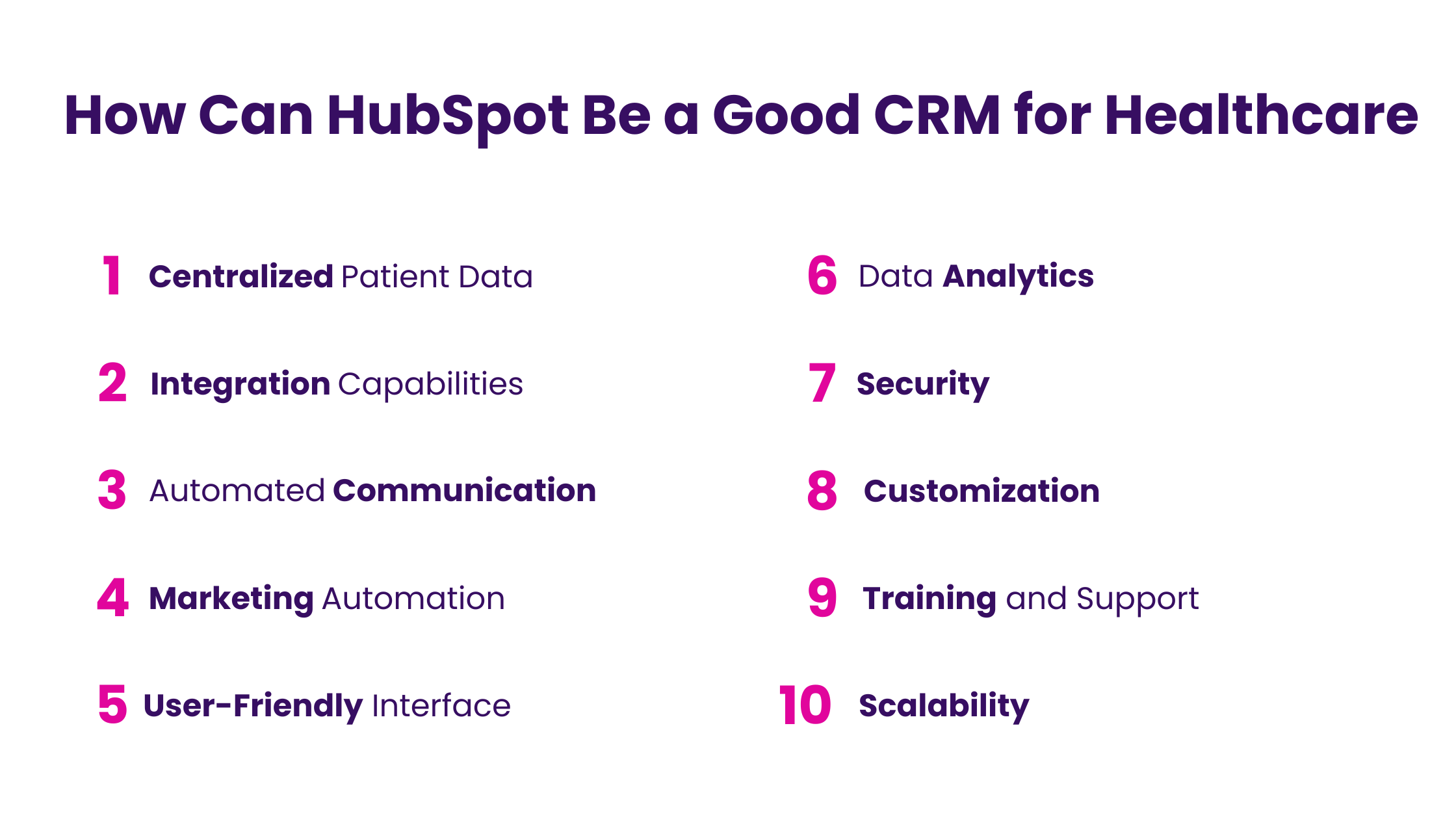
HubSpot’s CRM offers flexible tools, easy-to-use features, and strong capabilities, making it an excellent choice for healthcare providers looking to improve patient care, efficiency, and decision-making.
- Centralized Patient Data: HubSpot allows healthcare providers to consolidate patient interactions, preferences, and histories in one place, ensuring a holistic view of each patient.
- Integration Capabilities: HubSpot can integrate seamlessly with various tools and platforms commonly used in healthcare, ensuring a smooth flow of data and reducing manual entry.
- Automated Communication: HubSpot’s automation tools can streamline patient communication, from appointment reminders to follow-up emails, ensuring timely and consistent interactions.
- Marketing Automation: Healthcare institutions can use HubSpot to segment their patient base and tailor marketing campaigns, whether promoting a new service, a wellness program, or a health awareness initiative.
- User-Friendly Interface: HubSpot is known for its intuitive design, making it easy for healthcare professionals to navigate and use, even if they need to be tech-savvy.
- Data Analytics: HubSpot provides robust analytics tools, offering insights into patient behavior, campaign effectiveness, and more, helping healthcare providers make informed decisions.
- Security: While HubSpot ensures data protection and security, healthcare institutions should ensure that any CRM they use complies with industry-specific regulations like HIPAA.
- Customization: HubSpot is highly customizable, allowing healthcare institutions to tailor the CRM to their needs, from custom fields to specific workflow automation.
- Training and Support: HubSpot offers comprehensive training resources and a strong support team, ensuring that healthcare teams can maximize the CRM’s potential.
- Scalability: As a healthcare institution grows, HubSpot’s CRM can adapt, handling increased data and offering more advanced features as needed.
Unlock Your Business Potential With Expert HubSpot Support!
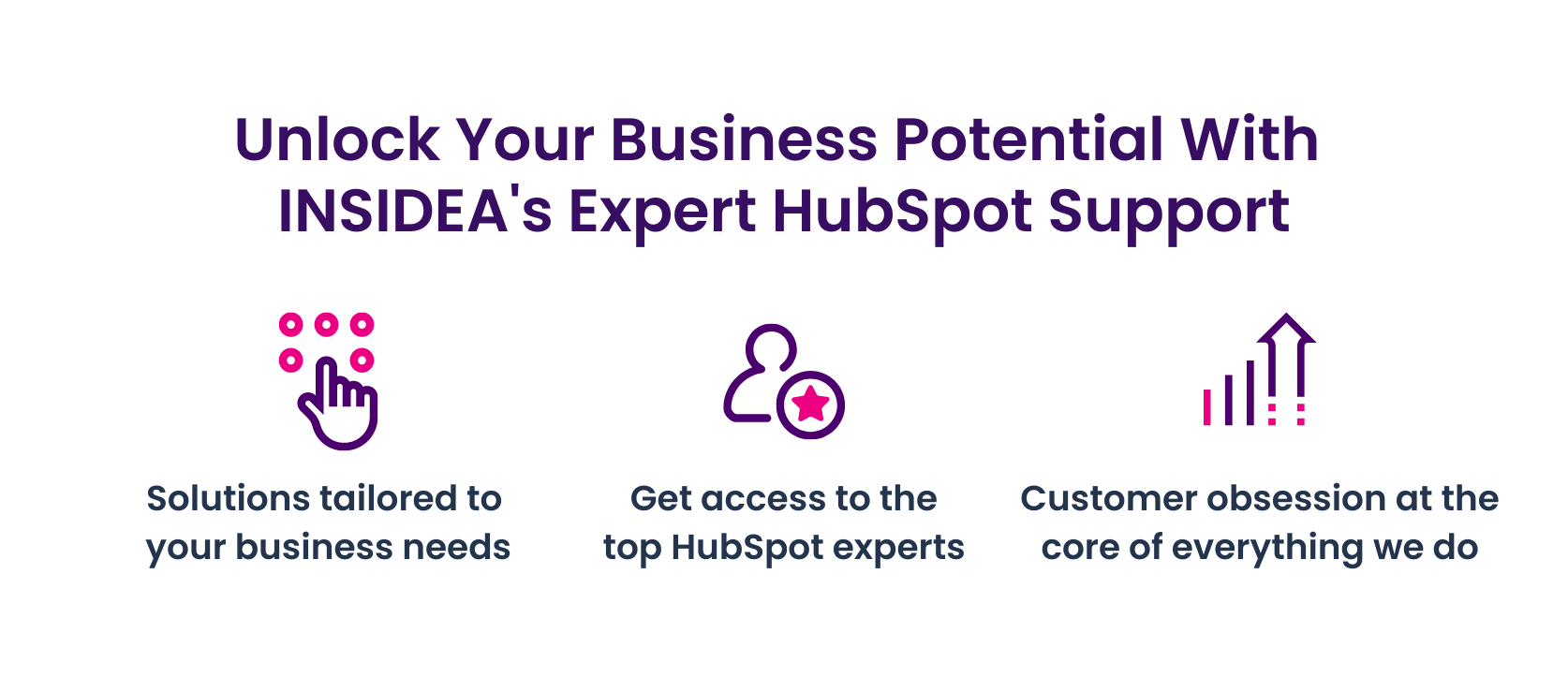
As a HubSpot Solutions Partner we take pride in assisting you with streamlining your HubSpot efforts. With our best-in-class marketing, sales, and service solutions, we help you scale exponentially. INSIDEA’s HubSpot Specialists have the required in-depth knowledge and can provide you with expert guidance on how to use the platform to meet your specific business needs.
Get in touch today to learn more about how INSIDEA can help you succeed!
- Tailored Experience: For us, user experience is the primary focus. Thus, INSIDEA works with you to ensure your HubSpot experience is tailored to your business needs.
- Industry Expertise: Our team specializes in the setup, implementation, and optimization of HubSpot tools, as well as being well-versed in HubSpot best practices to ensure your business has the highest ROI possible.
- Customer Obsession: For us, customer satisfaction is the key to success, and we strive to ensure that our customers’ needs are not only met but exceeded every time.
At INSIDEA, we understand the importance of valuable HubSpot strategies that understand your target audience and drive conversions. Book a meeting with our experts to explore how we can help you with your upcoming projects.
Get started now!




